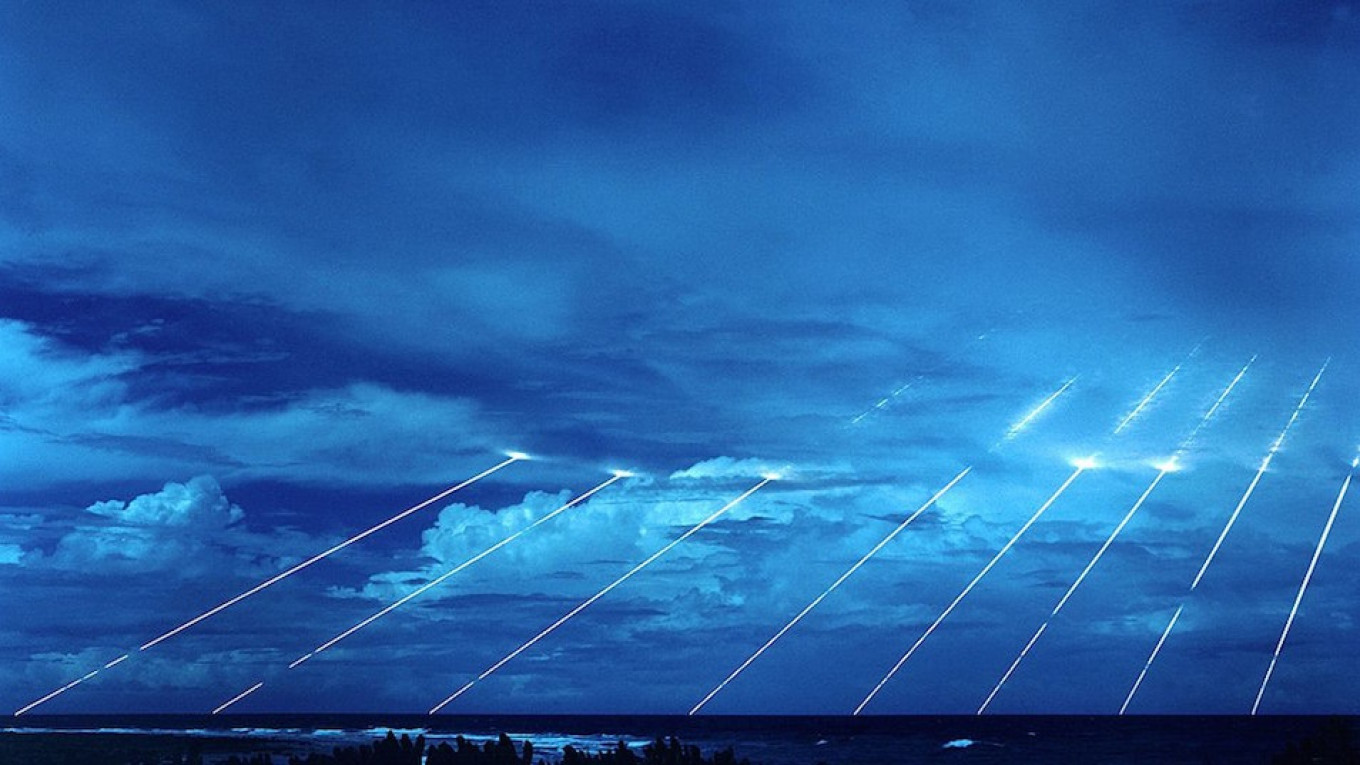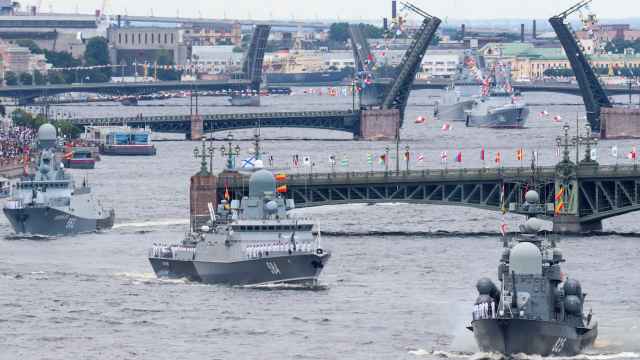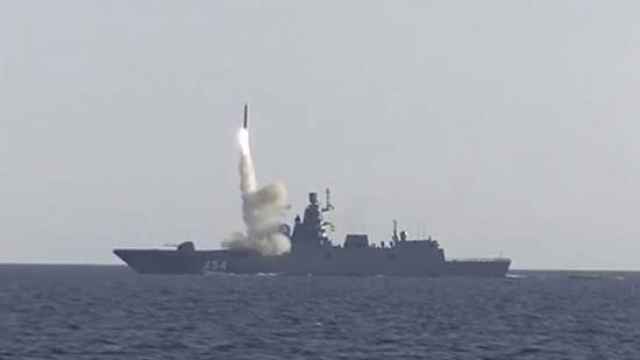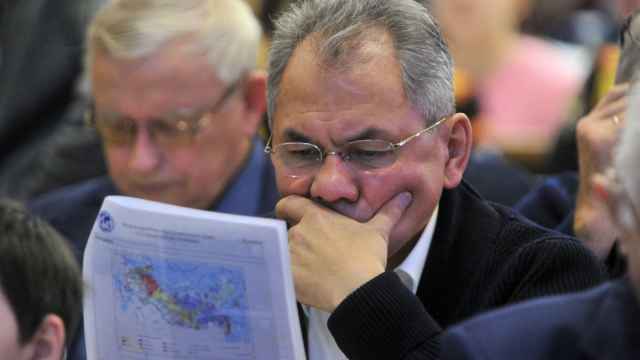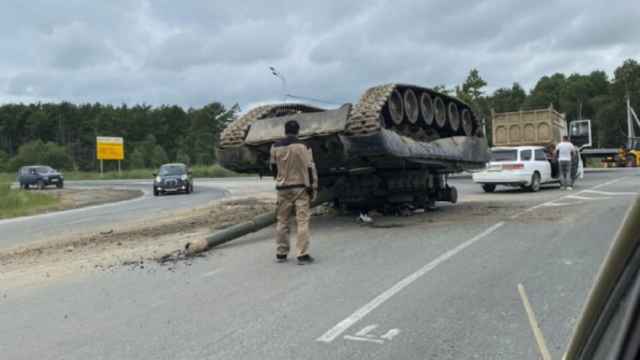The United States voiced deep suspicion on Tuesday over Russia's pursuit of new space weapons, including a mobile laser system to destroy satellites in space, and the launch of a new inspector satellite which was acting in an "abnormal" way.
Russia's pursuit of counterspace capabilities was "disturbing", Yleem D.S. Poblete, U.S. Assistant Secretary of State for Arms Control, Verification and Compliance, told the UN's Conference on Disarmament which is discussing a new treaty to prevent an arms race in outer space.
A Russian delegate at the conference dismissed Poblete's remarks as unfounded and slanderous.
Russian Foreign Minister Sergei Lavrov, at the Geneva forum in February, said a priority was to prevent an arms race in outer space, in line with Russia's joint draft treaty with China presented a decade ago.
But Russian President Vladimir Putin unveiled in March "six new major offensive weapons systems", including the Peresvet military mobile laser system, Poblete said.
"To the United States this is yet further proof that the Russian actions do not match their words," she said.
Referring to a "space apparatus inspector," whose deployment was announced by the Russian defence ministry last October, Poblete said: "The only certainty we have is that this system has been 'placed in orbit'."
She said its behavior on-orbit was inconsistent with anything seen before, including other Russian inspection satellite activities, adding: "We are concerned with what appears to be very abnormal behavior by a declared 'space apparatus inspector'."
Russia's pursuit of counterspace capabilities "is disturbing given the recent pattern of Russian malign behavior," she said, and its proposed treaty would not prohibit such activity, nor the testing or stockpiling of anti-satellite weapons capabilities.
Alexander Deyneko, a senior Russian diplomat in Geneva, dismissed what he called "the same unfounded, slanderous accusations based on suspicions, on suppositions and so on".
The United States had not proposed amendments to the Sino-Russian draft treaty, he said.
"We are seeing that the American side are raising their serious concerns about Russia, so you would think they ought to be the first to support the Russian initiative. They should be active in working to develop a treaty that would 100 percent satisfy the security interests of the American people," he said.
"But they have not made this constructive contribution," he said.
A Message from The Moscow Times:
Dear readers,
We are facing unprecedented challenges. Russia's Prosecutor General's Office has designated The Moscow Times as an "undesirable" organization, criminalizing our work and putting our staff at risk of prosecution. This follows our earlier unjust labeling as a "foreign agent."
These actions are direct attempts to silence independent journalism in Russia. The authorities claim our work "discredits the decisions of the Russian leadership." We see things differently: we strive to provide accurate, unbiased reporting on Russia.
We, the journalists of The Moscow Times, refuse to be silenced. But to continue our work, we need your help.
Your support, no matter how small, makes a world of difference. If you can, please support us monthly starting from just $2. It's quick to set up, and every contribution makes a significant impact.
By supporting The Moscow Times, you're defending open, independent journalism in the face of repression. Thank you for standing with us.
Remind me later.



